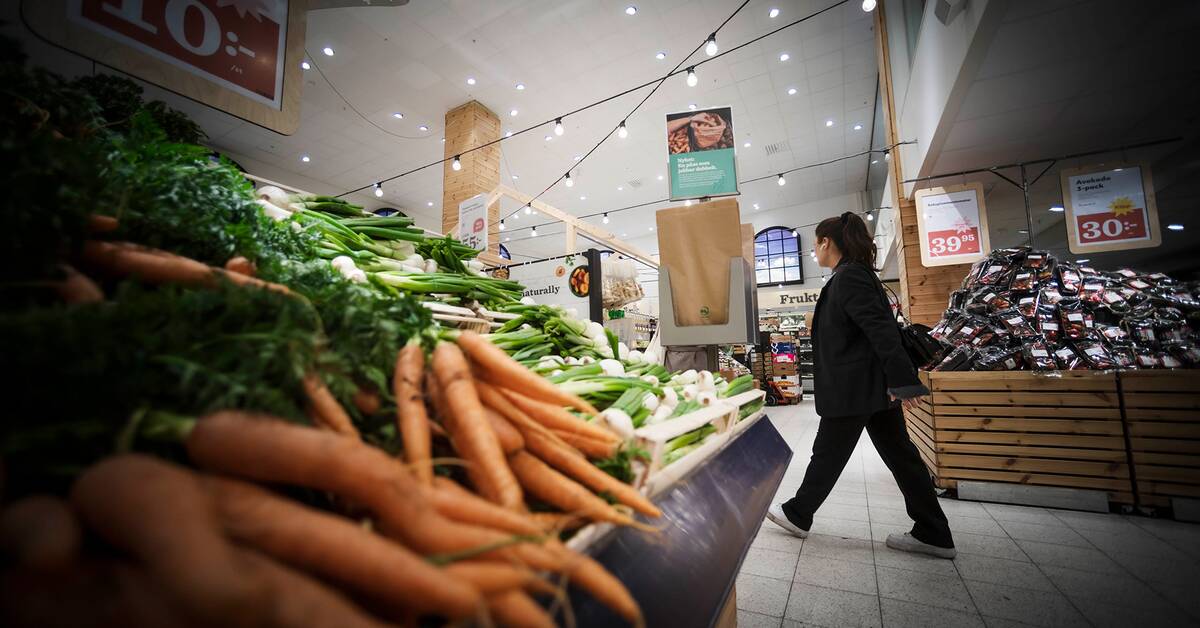As food prices continue to soar, a number of different solutions have emerged in Europe.
In France, for example, the government has decided on a temporary price ceiling on food.
In the UK, some large chains have introduced restrictions on how many tomatoes, cucumbers and peppers customers can buy.
Here in Sweden, there are divided opinions on whether politicians should get involved in things like food pricing.
- Politicians should absolutely act when we see that food prices are skyrocketing and it affects households.
However, this does not mean that you have to put all market forces out of play, says the Green Party's economic policy spokesperson Janine Alm Ericson, who wants to abolish VAT on certain goods.
- Politicians should not start acting as price setters.
In the countries where they have tried to regulate prices, they have failed at high costs and problems for people and society, says the Christian Democrats' ditto Hans Eklind.
The Competition Authority to the Business Committee
Last week, the Center Party's economic policy spokesperson Elisabeth Thand Ringqvist called the Swedish Competition Authority's director general to the Riksdag's economic committee, and he will be there on Thursday.
- They may urgently need more resources to really monitor the market properly.
It could also be that some change has to be made in the competition law and then in the long term it may be that we have to have better legislation for concentration in the market, says Thand Ringqvist.
She emphasizes, however, that it is often the traders who get a lot of "crap", even though the problem may rather lie somewhere in the ranks between the food producers and the wholesalers.
- There it seems to be difficult to make the competition work fully.

